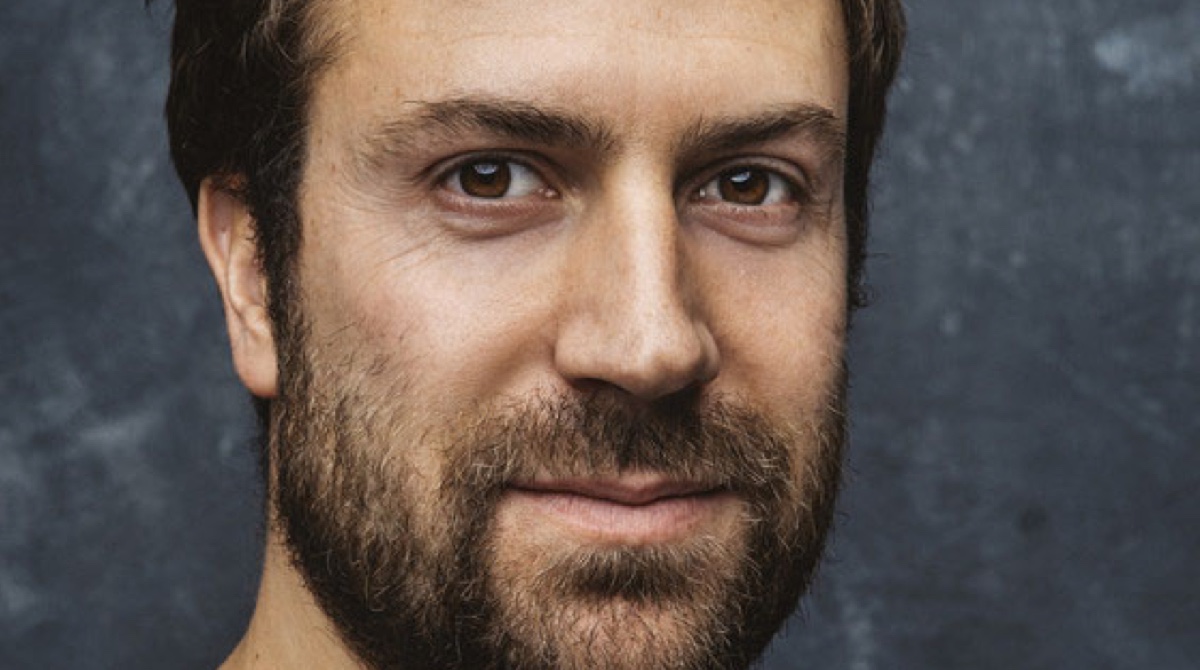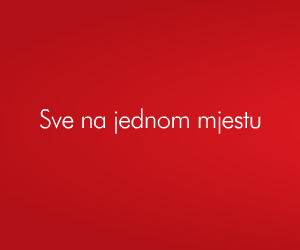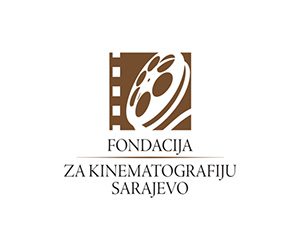
24/08/2021
After this movie I'm lucky to have a life with freedom to choose
Stupid, naive and lucky – these are the words which the Italian director, who went on a 24-hour trip to Aleppo with three rebels in 2013, uses to describe himself. Seven years later, Giulio Tonincelli used the filmed material to make a short documentary film that is going to be screened in the competition program of the 22nd Mediterranean Film Festival. We talked to the director to whom this intense event has changed the way he looks at his life, priorities and dreams. The film ‘Stupid, Naive and Lucky’, Guilio says, introduces a layer of retrospection that allows him to present a mature confession of what he experienced.*What ‘made’ you to accept a 24-hour trip with the three rebels to Aleppo?
I left to document the mission of an Italian NGO, arrived at the Turkish-Syrian border and I was overwhelmed by the context. The emotions and feelings I felt in that moment, difficult to manage, pushed me to make an impulsive choice. Unique, crazy and hard to process. An experience that changed my perspective towards the life and the world.
Why lucky, why stupid, why naive?
Lucky not only to have emerged unscathed from this leap into the void, but also to be living a life in which I can freely choose which paths to take. Stupid and naive for having believed to be able to help in some way the people I met. I owe the title to a meeting with a French photojournalist, who told me about his experience in the 80s among the narcos of Central America. He described his journey in this way: "I was stupid, naive and lucky". After this meeting in late 2019, I began to reflect and reframe my journey in Syria.Seven years ago things looked quite different.
How do you comment on the image in the media that for the most part looked like people could hardly wait for Bashar to liberate Aleppo again?
The people I met in free Syria in early 2013 would have preferred an intervention by Europe and the United States rather than Assad still in power. Unfortunately, the ideals which revolutions are born from are always polluted by the interests of those who want power, whether economic or political.
What about your friends today, how do they live and how do they see the political situation when Aleppo is back under government jurisdiction?
Wael died years ago, Kahled still lives in Syria with his family but I don't have much news about him. Zaher lives and works in Turkey where he got citizenship and one of his last feedback towards the situation was: hopeless.
Finally, why did it take you seven years to complete this film?
The material shot at the time was merely documentation and had no pretension of becoming a film. As time went by, I felt the need to rework it all in order to come to the full circle on a personal level. While everyone was focused on judging the present, I dove into my past.
*Text published in Večernji list


